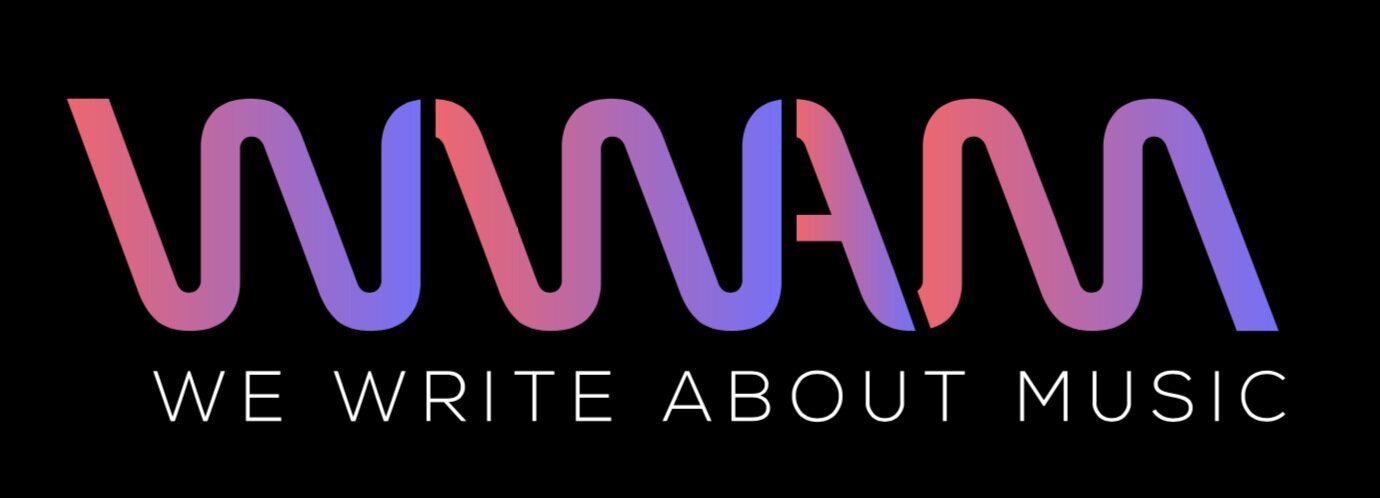The Attraction of Listening to Film Soundtracks
When you think of the seminal 1970s film Jaws, what is the first thing that springs to mind? Is it the standout performance of Roy Scheider as the cop tasked with keeping his coastal community safe? Or is the horrifyingly realistic shark scenes in which the movie monster preys on the local teens? It is a safe bet that neither of those aspects of this classic movie is first on your list. Rather, it is the hauntingly simple score from John Williams.
That refrain earned Williams an Academy Award and almost kick-started the need for a notable soundtrack for any big movie wanting to be successful at the Oscars. Now there are many different types of soundtracks for cinema and music lovers to appreciate. From collections of genre songs in indie movies to stirring scores in sci-fi blockbusters, people just can’t seem to get enough of a movie soundtrack.
But what is it about original soundtracks (OSTs) that capture our imagination? Why would we want to listen to a soundtrack at home, without the relationship to the film in front of us? Millions of OSTs are sold and listened to each year and there are dedicated fans that regard the music as just as important as the films themselves. But what is the attraction of a film soundtrack?
The Origins of Movie Soundtracks
There are a number of explanations for the introduction of music into the movies. One is that when films were still silent, there was the need to give more storyline to the moviegoers as they watched the images alone on the screen. Bringing music into the mix was a way to convey the emotion of the moment.
That is undoubtedly true. But it is also the case that music was introduced into the performance to ensure that the machinations of the projectors didn’t put off the paying public. By the time of the 1940s and 50s, movie soundtracks featured some of the most recognizable songs of the time – and ones that are regularly heard today such is their longevity.
Mood Enhancing
Even now, soundtracks are used by film directors to enhance the mood and help explain better what is happening on the screen. A stirring orchestral movement may be used to soundtrack a whirlwind romance or a more heavily electronic score may be used to make us think about the futuristic setting of a piece.
Although these emotion identifiers work in conjunction with the film and help viewers understand what is going on, they also now feature on soundtracks that can be bought (and more latterly streamed) for the audience to enjoy at home. As moviegoers have become more media-savvy, a love for “soundtrack music” has developed, so it can live its own life.
Nostalgia
A major reason why some people enjoy listening to the music of a film is that it takes them back to a particular place. This kind of nostalgic reminiscing is brought about by a score reminding the viewer/listener about a film that they love and/or where and when they first saw it.
But there is also another very important way that music soundtracks use nostalgia as a tool to grab people’s attention. If a film is set at a particular time and place, the music used can quickly make the movie more authentic. By using the music of an era, film directors and soundtrack compilers can build an immediate audience, as long as they are fans of the genre.
Types of Soundtrack
We have already noted that movie soundtracks can take many forms. Many of hip hop’s biggest stars of the 1990s reached new audiences thanks to the rise of new directors telling stories connected to their lives and upbringing. The music used brought an authenticity that viewers craved.
But there are also soundtracks that include snippets of the actual film. Pieces of music, combined with dialogue, transfer the listener back to the moment of watching the film in the first place. Alongside straight song collections, movie soundtracks can take a whole host of different forms, depending on what type of movie music (and sound) the listener requires.
More Than Background Music
It is fair to say that soundtracks have eclipsed even the hopes of the early filmmakers wanting to add further emotion to their work. A good score will be remembered forever as part of pop culture, while music fans specifically listen to a movie soundtrack as a piece of music on its own, enjoying it in isolation from the film it is attached to.
Soundtracks are attractive to music lovers for a variety of reasons – and some of those work in conjunction with the film in question. What is clear is that the soundtrack of a film is now considered an integral part of the production. Innovative techniques have been used to further the relationship and the results continue to enchant and amaze us.
Like what you read? Follow our social media and playlist for the latest in independent music:

